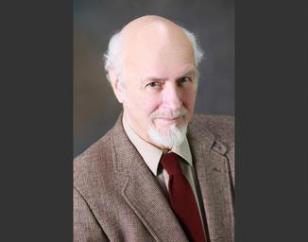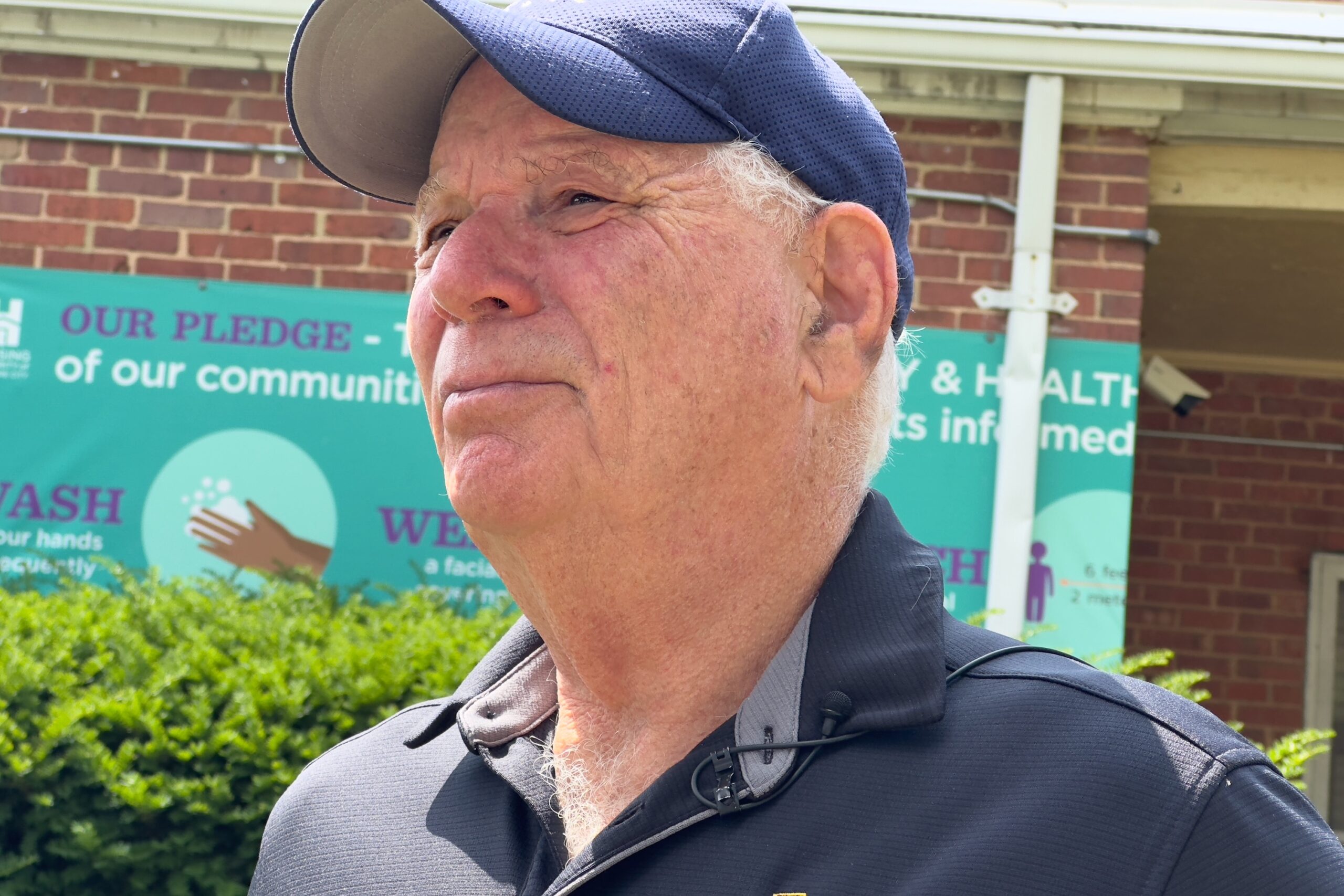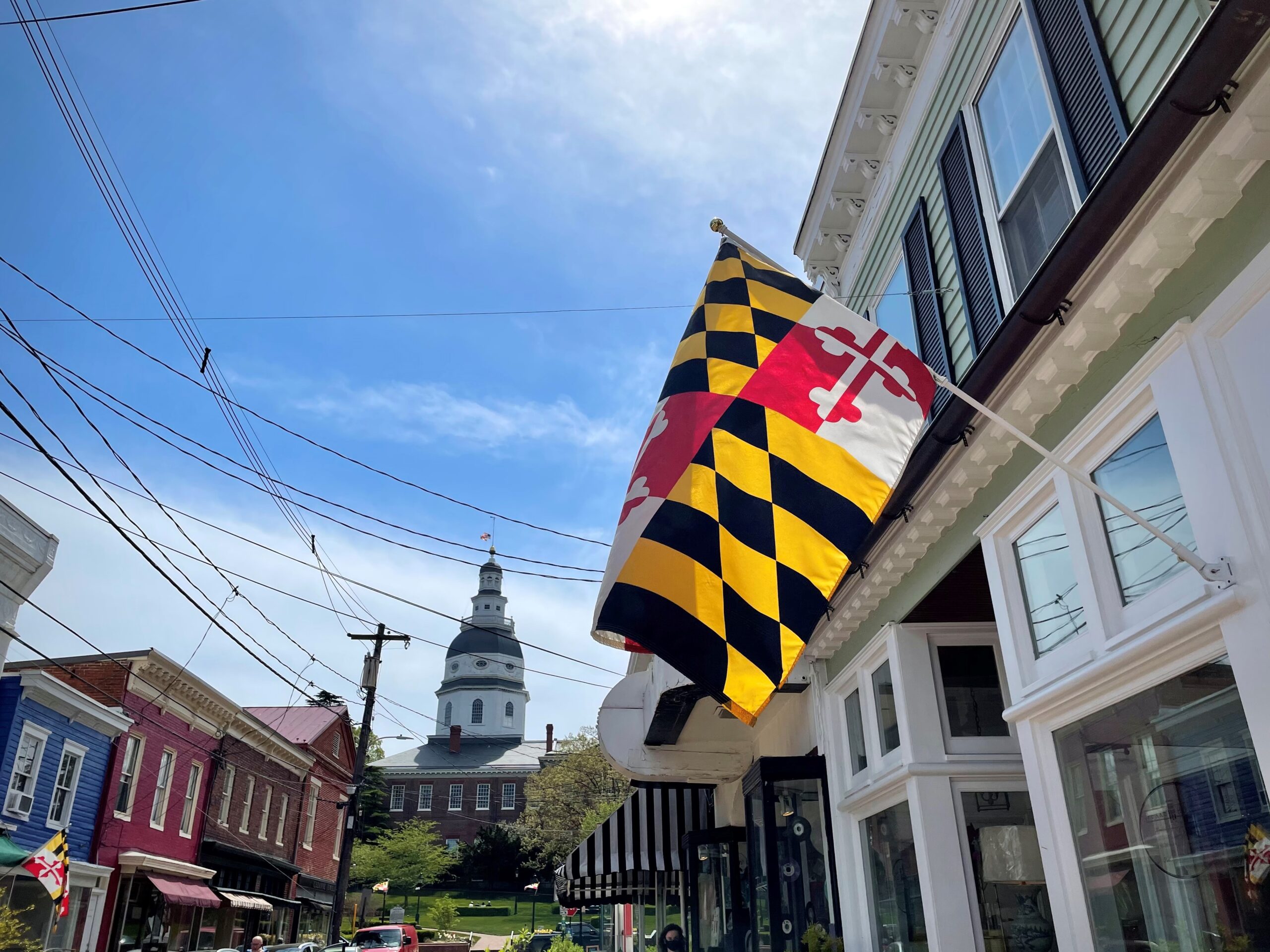And the Presidential Nominee Is…

It should come as no surprise that the Bread and Roses Party, a socialist leaning self-described utopian group, announced Jerome Segal as its 2020 presidential nominee this week — during a news conference at the National Press Club in Washington, D.C.
The Bread and Roses Party is the brainchild of Segal, a retired University of Maryland lecturer and lifelong progressive activist who spent more than $1 million of his own money to challenge U.S. Sen. Benjamin L. Cardin in the 2018 Democratic primary. Now Segal is taking that vision to a bigger stage, and navigating the complex world of third parties at the national level.
“The role of third parties [is] to raise new questions, to put forward new ideas and to make a contribution to a much larger discourse, and that’s the role that Bread and Roses has right now,” Segal said. “This is different, we know in advance that there’s no possibility of winning and we know in advance that the number of votes we’re going to get is very small.”
Segal said Bread and Roses will not try to get on the ballot in any of the 12 states that are considered swing states. The party will only consider running in the 38 states that are solidly red or solidly blue, including Maryland, where it already has official ballot status.
According to Richard Winger, publisher and editor of Ballot Access News, a website that tracks candidates and ballot issues across the country, third parties have existed since the Liberty Party in 1840. They were the first organization to call for abolishing slavery throughout the U.S.
“Back in the 1840’s that was a very radical idea,” Winger said. “There were people that didn’t want to expand slavery but nobody was going around saying that it should eliminated in the whole country and their message was considered so controversial that their speakers wouldn’t be allowed to speak,” he said.
Eventually the issue gained traction and the Liberty Party was no longer the only party advocating for abloshing slavery, Winger said — which illustrates the power of third parties.
Since then third parties have come and gone, and so have socialist parties like Bread and Roses.
Among the four major socialist parties in the U.S. (The Socialist Party, The Socialist Workers Party, The Party for Socialism and Liberation and Socialist Action) none have made ballots nationally in more than 15 states, Winger said. Socialist Action didn’t make it on the ballot in any states in the last election.
Ballot access remains restrictive in the U.S., according to Dan Lee, assistant professor of political science at the University of Las Vegas, Nevada, who studies the impact of third parties on the two-party system.
While the two major parties are automatically granted ballot access in all 50 states, third parties must meet a state-mandated number of signatures to appear on the ballot. In Maryland in order for a third-party presidential candidate to get on the ballot they need 3,200 signatures, 400 per congressional district.
The Green Party and the Libertarian parties were officially sanctioned in Maryland for the past few election cycles, but lost their ballot status after inadequate vote totals in the 2018 election.
“The major parties are continually struggling within themselves as far as direction they should go, so that’s one place where third parties can jump into the action, is trying to influence the direction those major parties take,” Lee said. “We don’t need third parties to win, we just need them to have a voice to then hopefully try to influence the major parties.”
Segal said his run will be focused on dialogue, because he’s discouraged by the little range of discourse within the Democratic presidential primary field.
“In many ways our pitch to Maryland voters is basically look, Maryland’s a done deal as far as the electoral votes are concerned; don’t waste your vote, vote your values,” Segal said.
Todd Eberly, an associate professor of Political Science and Public Policy at St. Mary’s College of Maryland, said the hope for a party like Bread and Roses lies in running in states like Maryland — historically solid blue states where there’s little question about an election’s outcome.
“There’s no doubt the Democrat will win, maybe somebody will be more open to vote for the third party candidate and if the Bread and Roses Party does better than that could be a signal to the Democratic Party that maybe they should move a bit more to the left or maybe that will give them hope for fielding a Senate candidate or a congressional candidate,” Eberly said.
However, Eberly cautioned the Bread and Roses approach of not running in swing states could hinder its attempts to pick up support.
“They’ve basically made the decision, we can’t win and that’s why we’re not going to run in swing states,” Eberly said. “It can be a little bit harder to get people to turn out and vote for you if they know that right out of the gate, you’re acknowledging that you can’t win and you’re not running to win.”
At the news conference announcing his candidacy, Segal unveiled the party’s platform, which includes: a major redistribution of income and wealth, guaranteed employment for life and more leisure time.
“We see ourselves as a party of roses,” Segal said. “What we’re putting forward is an alternative vision of what America could be. We sometimes talk about it as a new American Dream.”
Ana Faguy is a freelance journalist in the Washington, D.C., area.




 Creative Commons Attribution
Creative Commons Attribution